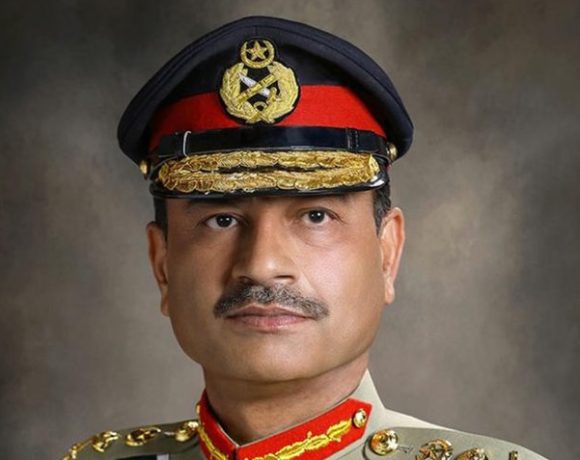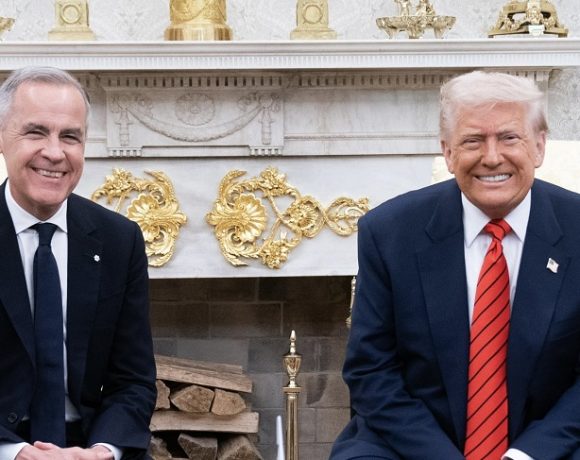
US-Russia Talks in Saudi Arabia Exclude Ukraine, Stir Global Debate
In a move that has sparked international debate, senior officials from the United States and Russia are convening in Riyadh, Saudi Arabia, to discuss potential resolutions to the ongoing conflict in Ukraine. Notably absent from these discussions are representatives from Ukraine and key European allies, leading to widespread concern and criticism.
Exclusion of Ukraine Raises Sovereignty Concerns
Ukrainian President Volodymyr Zelenskyy has expressed strong disapproval of the talks, emphasizing that any agreements made without Ukraine’s involvement undermine the nation’s sovereignty. He stated, “Ukraine will not recognize any agreements about us without us.” This sentiment reflects a broader apprehension that decisions impacting Ukraine’s future are being made without its direct participation.
European Allies Express Discontent
The exclusion of European nations from these negotiations has also led to frustration among EU leaders. French President Emmanuel Macron convened an emergency summit in Paris, where he underscored the necessity of including Ukraine in any peace process and providing robust security guarantees. Similarly, UK Prime Minister Keir Starmer highlighted the importance of a US “backstop” to deter future Russian aggression, indicating a desire for a more inclusive and comprehensive approach to resolving the conflict.
Saudi Arabia’s Emerging Role in Mediation
Saudi Arabia’s hosting of these high-level talks signifies its growing influence in international diplomacy. By facilitating discussions between the US and Russia, Riyadh aims to position itself as a central figure in mediating global conflicts. This development comes amidst Saudi Arabia’s efforts to expand its diplomatic footprint and engage more actively in geopolitical affairs.
Potential Implications for Global Relations
The bilateral nature of the US-Russia talks, excluding Ukraine and European allies, has raised questions about the future of international alliances and the balance of power in global diplomacy. Former NATO official Stefanie Babst cautioned, “The United States, under President Trump, is pushing for peace talks with Russia over the conflict in Ukraine… European leaders, concerned about their exclusion from talks and future security dependency on the U.S., are advocating for a unified response.” This situation underscores the complexities of achieving a peaceful resolution that respects the sovereignty of all nations involved and maintains the integrity of international partnerships.
As the discussions in Riyadh progress, the international community remains watchful, emphasizing the importance of inclusive dialogue that considers the perspectives and interests of all stakeholders directly affected by the conflict.


















